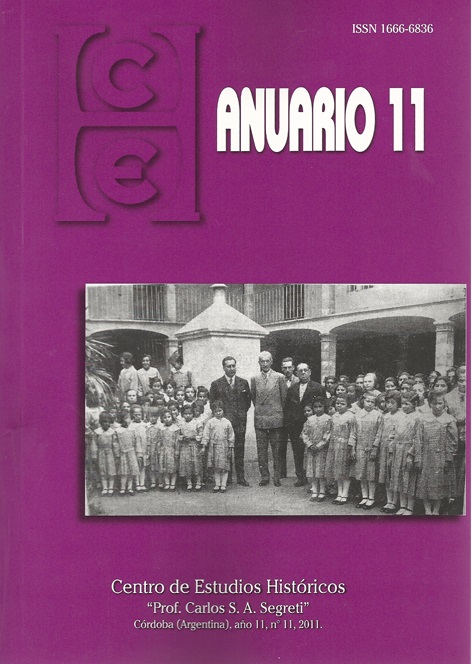Fiscal tightening, crisis and default. The IMF and Argentina during De la Rúa's term (1999-2001)
DOI:
https://doi.org/10.52885/2683-9164.v0.n11.23019Keywords:
Argentina, IMF, negotiations, convertibility, defaultAbstract
This paper explains the marked change in the relationship between the IMF and Argentina during the Alianza administration, which in a very short time went from a cooperative link, characterized by the adoption of a program in line with the Government’s interests and the granting of extraordinary credits, to one highly conflicted, reflected in the intolerance of the Fund to the successive failures of economic targets and, finally, the suspension of financing which determined the convertibility regime fell in late 2001. We study the negotiation process between the IMF and the Government from a twolevel scheme, which suppose that strategies determine the configuration and condition the outcome of negotiations. It is proposed that the coincidence of interests contributed to the relationship between the Fund and the Government was cooperative until early 2001, when the “blindaje” was granted. But the insistence on maintaining an unsustainable monetary and exchange regime, the tightened financial policy of the U.S. and the consolidation of an intransigent position in the IMF, weakened the bargaining position of the government and encouraged the implementation of a confrontative strategy by the organism. This determined the increase in conflicts in negotiations and established a less favorable scenario for continuing convertibility.
Downloads
Downloads
Published
Issue
Section
License
Aquellos autores/as que tengan publicaciones con esta revista, aceptan los términos siguientes:
- Los autores/as conservarán sus derechos de autor y garantizarán a la revista el derecho de primera publicación de su obra, el cuál estará simultáneamente sujeto a una Licencia de reconocimiento de Creative Commons. Se puede compartir, copiar, distribuir, ejecutar y comunicar públicamente la obra, siempre que: a) se cite la autoría y la fuente original de su publicación (revista, editorial y URL de la obra); b) no se use para fines comerciales; c) no se altere, transforme o genere una obra derivada a partir de esta obra.
- Los autores/as podrán adoptar otros acuerdos de licencia no exclusiva de distribución de la versión de la obra publicada (p. ej.: depositarla en un archivo telemático institucional o publicarla en un volumen monográfico) siempre que se indique la publicación inicial en esta revista.
- Se permite y recomienda a los autores/as difundir su obra a través de Internet (p. ej.: en archivos telemáticos institucionales o en su página web) después del proceso de publicación, lo cual puede producir intercambios interesantes y aumentar las citas de la obra publicada. (Véase El efecto del acceso abierto).









